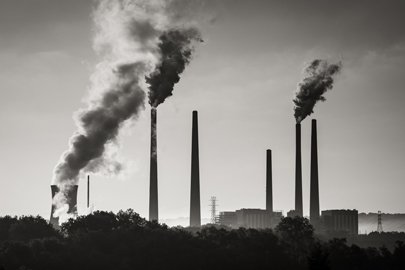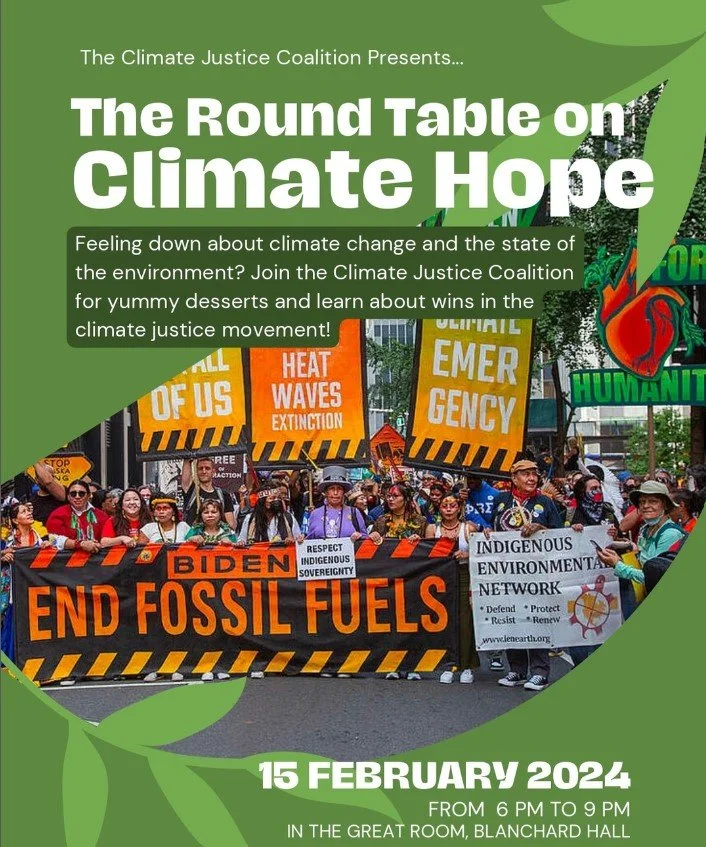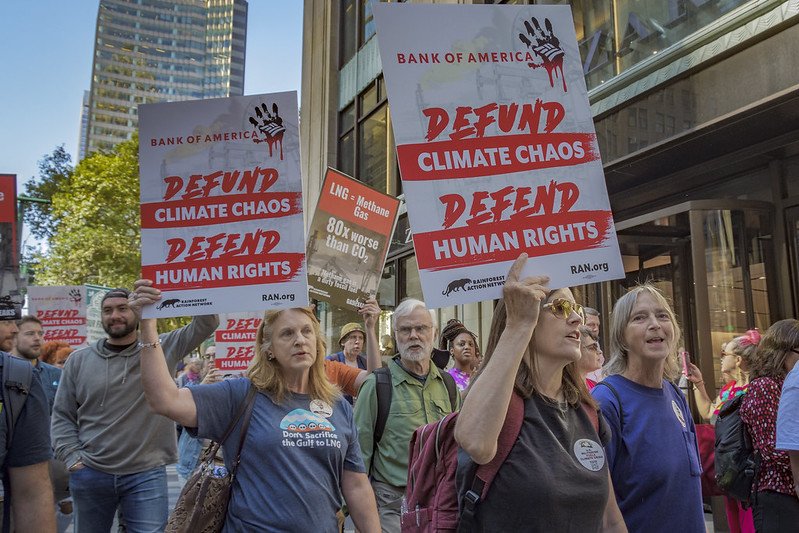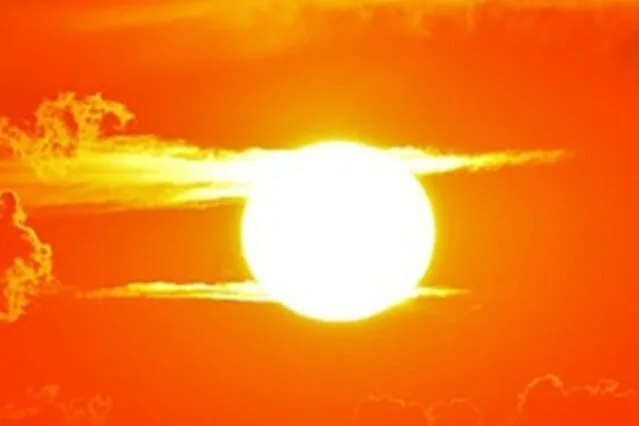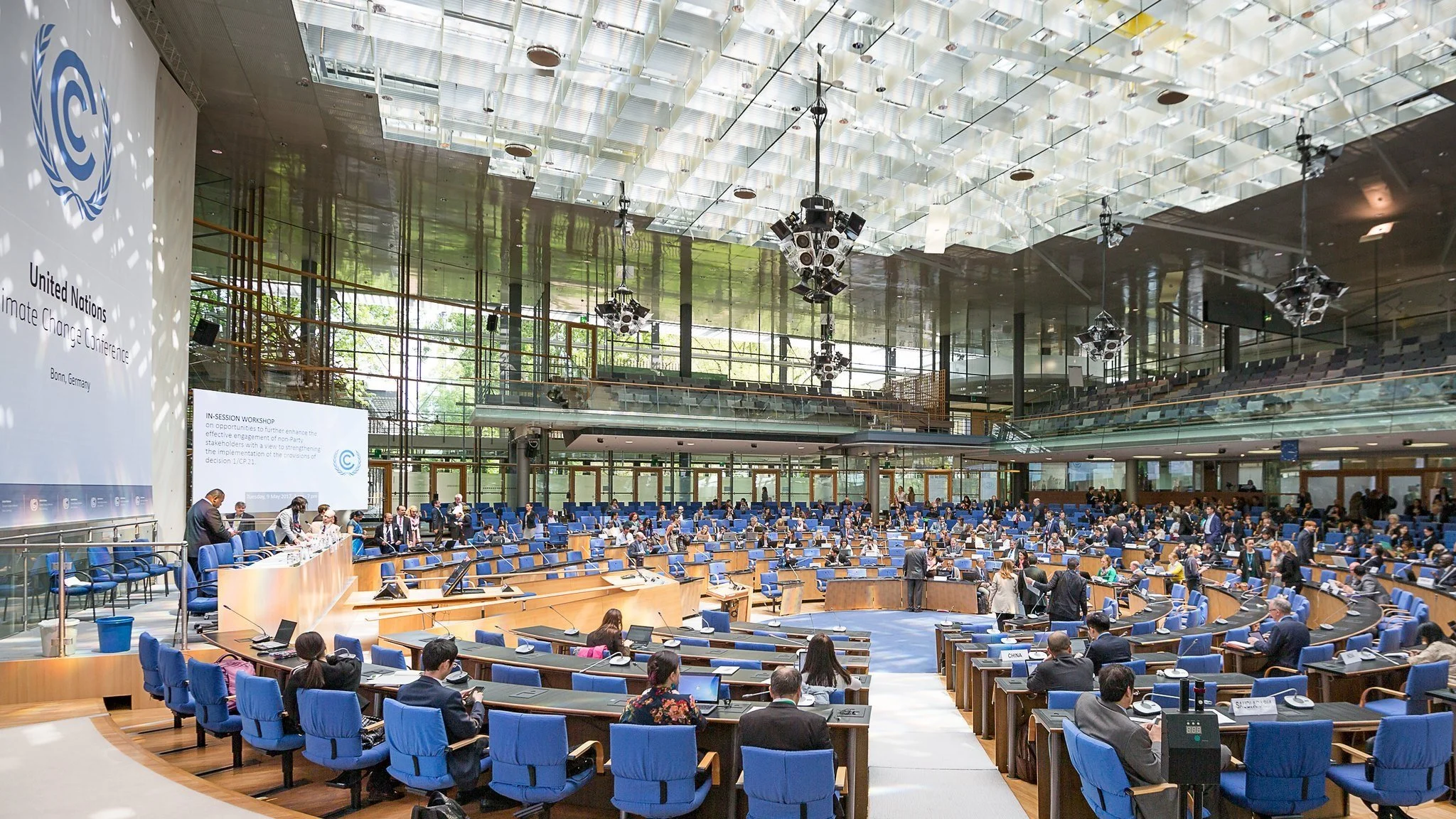While climate change has always been a prominent election issue, a series of devastating hurricanes in the southern United States this past month may place it at the forefront of some voters’ minds as they head to the polls this November. Climate action has become especially contentious in the wake of hurricanes Helene and Milton, which battered Florida and other nearby states between late September and early October. The Miller Worley Center for the Environment, Mount Holyoke College’s center for environmental leadership, has urged community members to address climate change by casting a ballot in the Nov. 5 general election.
New study finds that irreversible climate change could cost $38 trillion
Mount Holyoke Climate Justice Coalition celebrates ‘radical hope’ in climate activism
With the clock ticking down on the threshold to prevent irreversible climate damage, it is easy for the climate crisis to feel like an insurmountable obstacle entirely out of the hands of average citizens, The Guardian reported. For many, hope in the face of the climate crisis can be impossible to pick out of the nihilistic tangle of political inaction and daunting news headlines.
New York City protestors call for an end to fossil fuels
Texas becomes one of the hottest places on Earth during brutal heatwave
Everything is bigger in Texas, and for three straight weeks, this has also included the record high temperatures set by an extreme heat wave blazing through the state, NBC reported. While CNN divulged that the rest of the world recently set a global record for the hottest day in history —July 4 temperatures capped at an unprecedented 17.8 Celsius (64.04 Fahrenheit) global average — Texas had become one of the hottest places on Earth by late June, NBC described. According to NBC, state temperatures “hit or surpassed 110 degrees Fahrenheit,” and triple-digit heat gripped numerous major cities in the state, such as San Angelo and Del Rio. This kind of weather is standard for parts of the world like northern Africa and the Middle East, but for Texas, its presence was rattling, NBC reported.
Cloudy with a chance of smoke: what air quality scares have taught us about climate justice
On Wednesday, June 7, New York City recorded the worst air quality in the world, CNBC reported. According to the Guardian, at a reported 195 micrograms per cubic meter made up of small particulate matter, the sky had turned from a “milky white” to a harsh orange color. The number of particles far exceeded normal levels based on the city’s national air quality standard, which is typically around 12 to 35 micrograms of small particulate matter, as stated by New York City’s Environmental and Health Data Portal.
Frustrations abound throughout Bonn climate change conference
When representatives walked out of the U.N.’s Bonn Climate Change Conference on Thursday, June 15, they left a sense of ambiguity hanging in the air. With roughly 200 countries represented, the Germany conference has been met with largely lukewarm reactions, as experts in the field have criticized the lack of clarity on major action items, Reuters reported.
Tuvalu becomes the first digital nation in response to climate change
Global temperatures are inching closer to 1.5 degrees Celsius of warming and global greenhouse gas emissions continue to be on the rise, according to the 2022 International Panel on Climate Change report. Of these increases in emissions, the report explains, Small Island Developing States are responsible for a “negligible” quantity. Despite their minimal contributions to climate change, small islands are highly vulnerable to its effects, the United Nations said. As climate change’s worst impacts come closer to being reality, small islands have turned to digital preservation as they face the possibility of being wiped from the physical plane.


